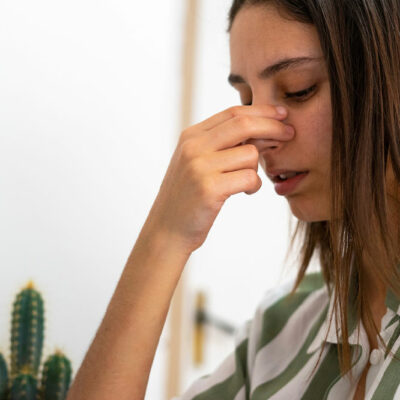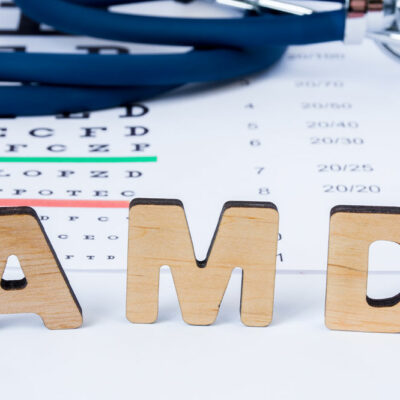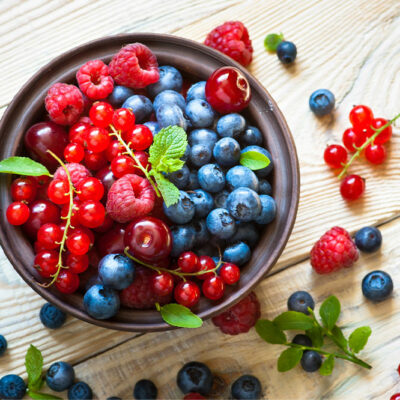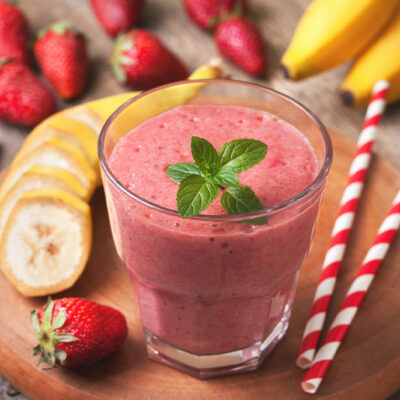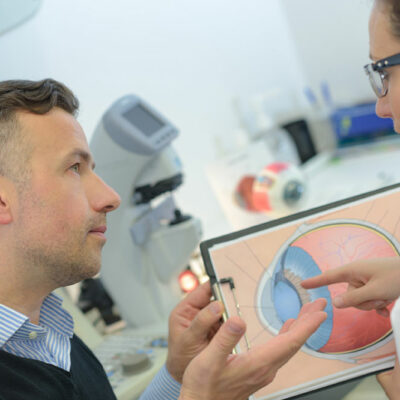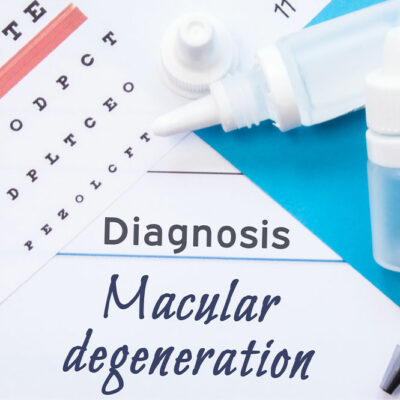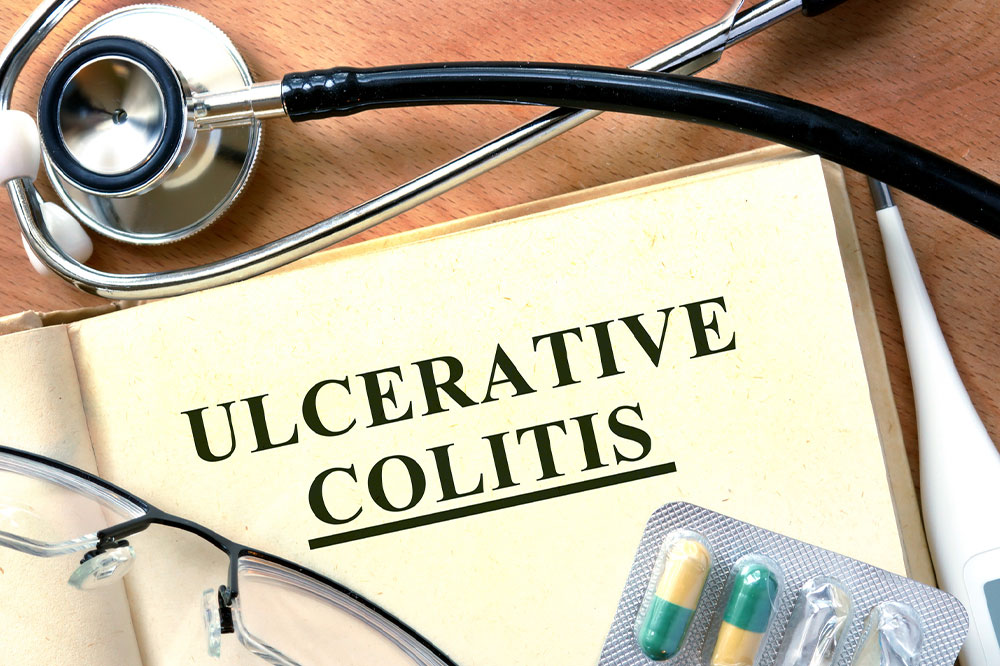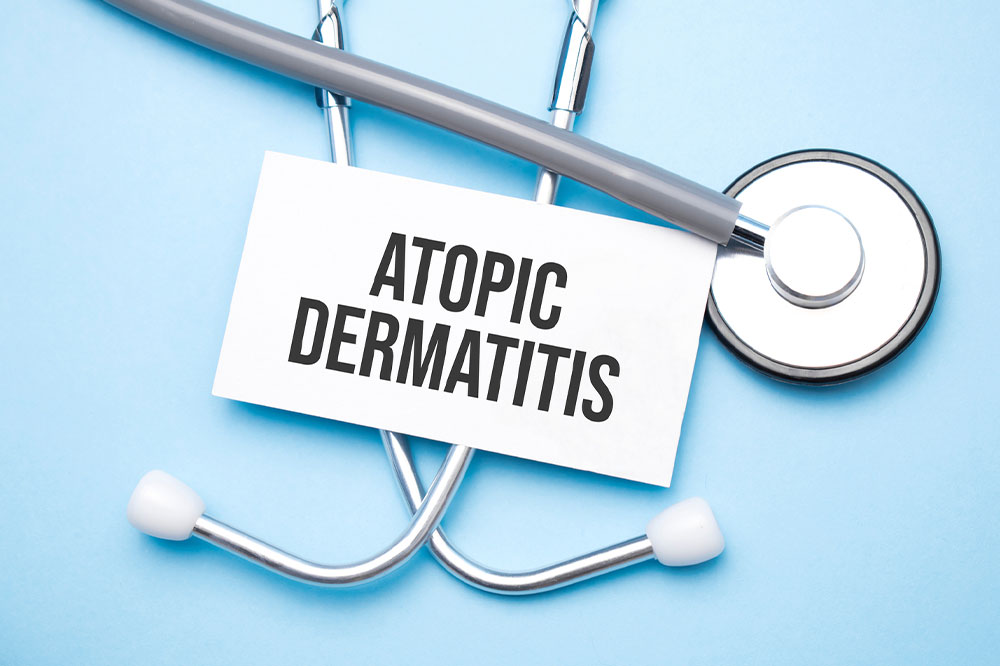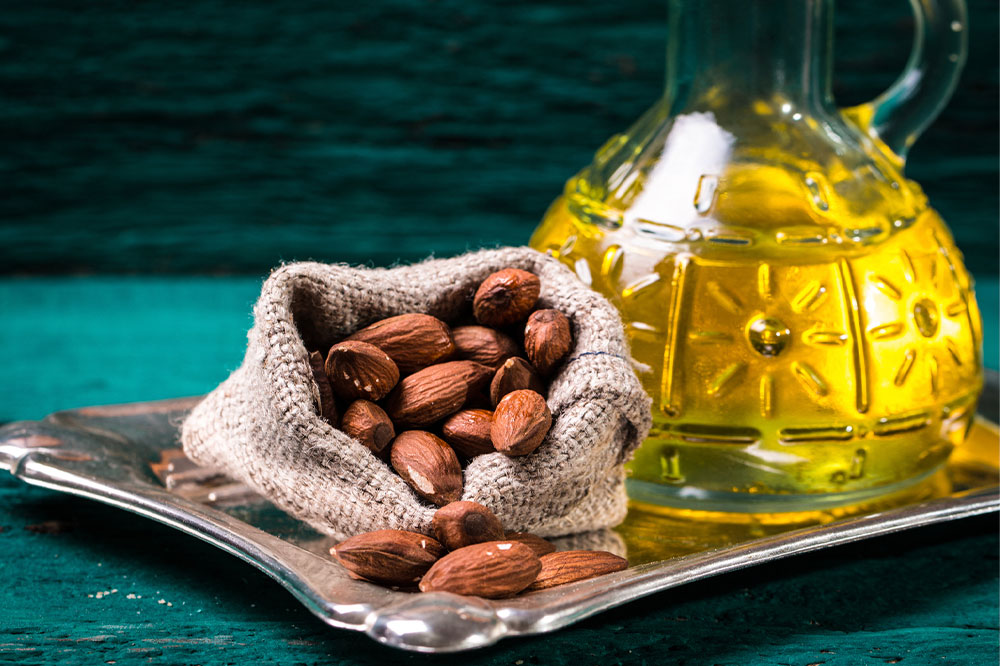9 toxic foods one should not feed their pets
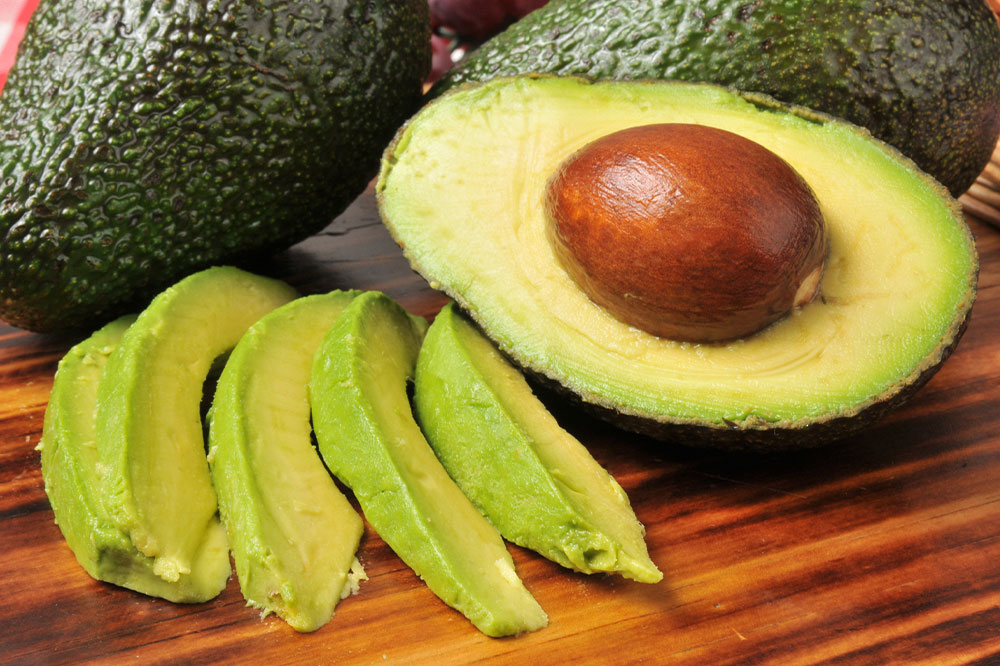
As much as pets whine for a morsel off our plates, people should refrain from feeding their pets human food. There is a reason why specifically-manufactured pet food exists: the human digestive system is vastly different from a pet’s; what is edible and delicious for somebody can be toxic and downright deadly for their pets. Such foods can lead to long-term illnesses too. Thus, here are some of the toxic foods to avoid for pets:
Pork chops
Foods that are heavy in fats and contain meat trimmings and bones should never be given to pets. Unfortunately, pork chops contain both, making them one of the worst foods to feed pets. Dogs are especially vulnerable to the severe effects of being fed pork chops. In its cooked and uncooked forms, this food tends to cause pancreatitis in dogs. Additionally, it is also a choking hazard, which can be life-threatening. What’s more, pork chops have also been found to cause lacerations and digestive tract obstructions in dogs. In fact, pork chops cause health problems in other animals too. The fatty elements of pork chops cause vomiting and diarrhea in animals, especially dogs. Therefore, one must avoid feeding chicken, pork, turkey, rib bones, burgers, hot dogs, steak, and fried chicken to one’s pets.
Raw fish
Certain raw foods are fantastic for animals; however, raw fish meat and raw eggs are not included in that list. Pets must be kept away from raw meat that has not been carefully handled. Raw fish is arguably the worst among all raw meat when it comes to safe foods for pets. The proteins contain harmful bacteria that can make pets sick through food poisoning. Thus, one needs to keep raw fish or other raw meats in places where animals cannot reach and consume this toxic food. Apart from the bacterial threat, raw fish like salmon, trout, sturgeon, and shad cause something known as “fish disease” in pets. This condition shows initial symptoms such as fever, enlarged lymph nodes, and vomiting in pets. If left untreated, fish poisoning can turn fatal for animals, especially dogs. Therefore, one needs to properly cook every kind of meat before feeding it to their pets.
Grapes and raisins
Both grapes and raisins contain an unknown toxic substance that causes kidney failure in many animals. This automatically puts these fruits near the top of the avoidable foods list for one’s pets. While food and healthcare researchers conduct studies to find more about this mystery element, it is wise to refrain from feeding one’s pets any dish that contains even an iota of grapes or raisins. Apart from grapes and raisins, even macadamia is a harmful food for pets. Macadamia is known to cause vomiting, tremors, depression, and unexplained weakness in animals.
Garlic and onions
Garlic and onions need to be banned from any food menu that is made for dogs. These foods contain thiosulfate, which is incredibly toxic and, in many cases, even deadly for dogs. It tends to cause oxidative damage to red blood cells in canines. Essentially, feeding one’s dogs onions or garlic-heavy foods can result in their red blood cells becoming unable to carry and transport oxygen efficiently to all parts of the body. The health condition resulting from this issue is known as hemolytic anemia. Therefore, onion- and garlic-free foods are the way to go for all pets, especially one’s adorable canines.
Chocolate
Chocolate is one of the most popular go-to snacks and sweet treats for people worldwide. However, one simply cannot afford to feed chocolate in any shape or form to their pets. Chocolate contains large doses of theobromine, an element that is harmful to both dogs and cats. For humans, chocolate tends to become healthier the darker it gets. That is reversed for animals; the darker the chocolate, the more toxic it becomes for them. At the same time, milk chocolate also has theobromine, which means that it is not quite safe for pets either. Chocolate poisoning is a serious affair when it comes to pets. It causes issues such as diarrhea, vomiting, restlessness, and rapid heart rate in animals. In worst-case scenarios, chocolate poisoning can be deadly for pets.
Salted snacks
Excess salt is bad for humans and pets. In humans, it causes kidney issues and slower blood circulation. The danger gets magnified in pets. Consuming such snacks causes issues such as vomiting, seizures, diarrhea, tremors, and digestive issues in pets. The main problematic element in salt is the large proportion of sodium, an element that causes most digestive problems in pets.
Peanut butter (containing xylitol)
Before moving forward, here is some clarification: not all kinds of peanut butter are bad for pets. In fact, the snack is a good source of healthy fats and proteins for animals. However, most peanut butter makers mix a chemical known as xylitol in their products. Even when it is in small amounts, xylitol causes major issues such as weakness, a dramatic level of blood sugar reduction, seizures, and liver failure. Therefore, one must give their pets only xylitol-free peanut butter.
Avocados
This is another ultra-healthy food for humans that is bad for animals. Avocados contain an element known as persin, which causes diarrhea and vomiting in dogs. Apart from this, avocado residue can get stuck in pets’ intestines and stomachs, and this obstruction is generally fatal in nature.
Coconut and coconut oil
Coconut oil and coconut pieces are not overtly dangerous for pets when they are fed in moderate amounts. However, large amounts of coconut milk and flesh contain oils that cause diarrhea and upset stomachs in pets. Therefore, pets must be kept several feet away from these foods.


